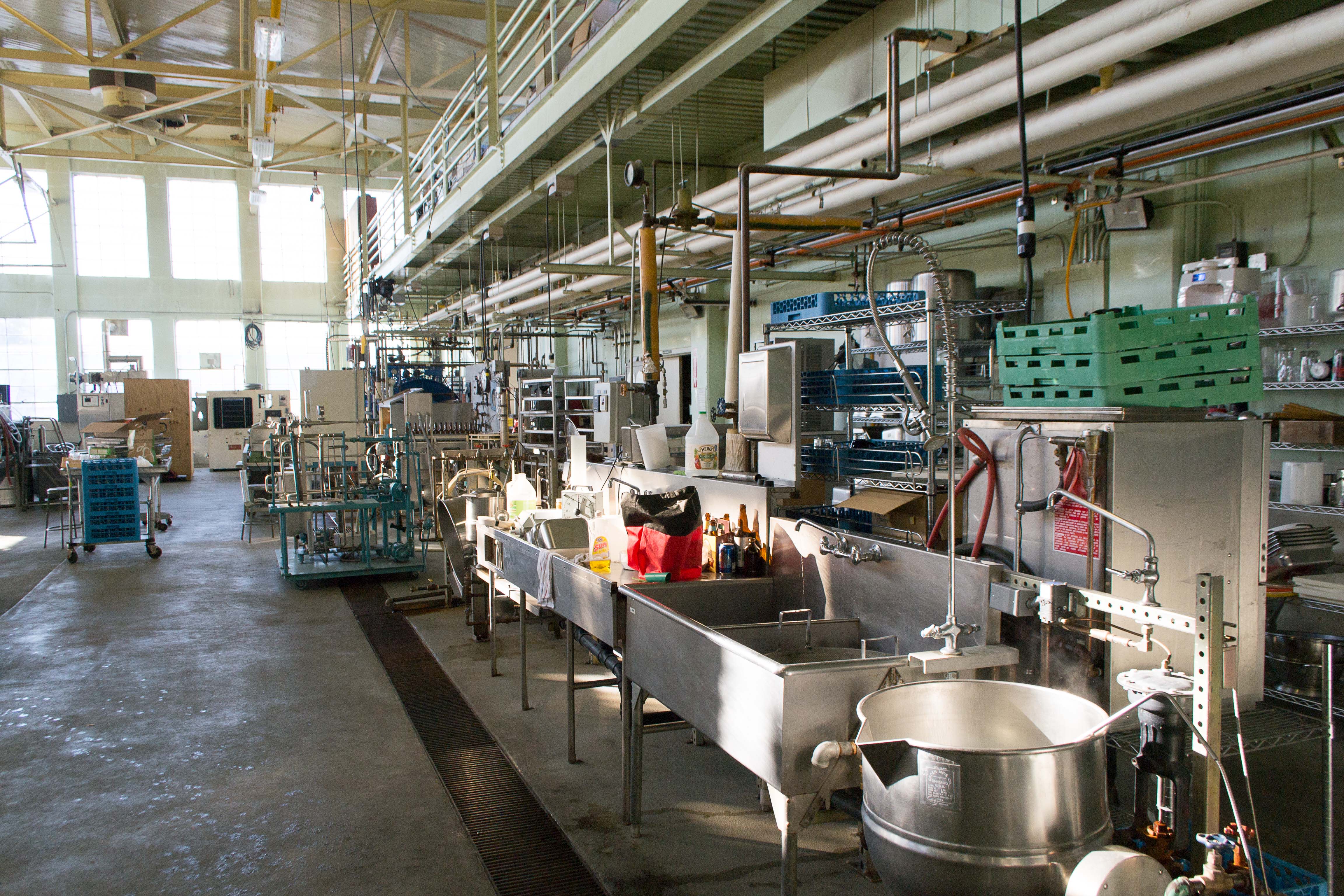
Photo from academic.microsoft.com
Artificial sweeteners are common micropollutants in the aquatic environment. They were detected both in surface waters and in groundwater. Human toxicity has also been studied quite intensively but their ecotoxicity… Click to show full abstract
Artificial sweeteners are common micropollutants in the aquatic environment. They were detected both in surface waters and in groundwater. Human toxicity has also been studied quite intensively but their ecotoxicity has not been studied so far. To assess the impact of four artificial sweeteners (aspartame, sucralose, saccharine, and acesulfame K) and one natural sweetener (stevioside) on freshwater plants, a growth inhibition test was set up in the macrophyte duckweed (Lemna minor). Subsequently full dose-response curves were established by exposing L. minor plants to concentrations of each individual sweetener ranging from 6.25 mg/l up to 100 mg/l for 7 days. Three different endpoints were tested: frond number, frond area and total chlorophyll content. Tests were performed under sterile conditions. Sweeteners had various effects on Lemna plants. Saccharine, acesulfame K and stevioside did not cause any significant negative effects on any of the measured parameters. On the contrary, stevioside and saccharine caused slowly stimulative effects. Aspartame and sucralose inhibited growth parameters (frond number and frond area) but the chlorophyll content was not affected.
Journal Title: Czech Journal of Food Sciences
Year Published: 2018
Link to full text (if available)
Share on Social Media: Sign Up to like & get
recommendations!